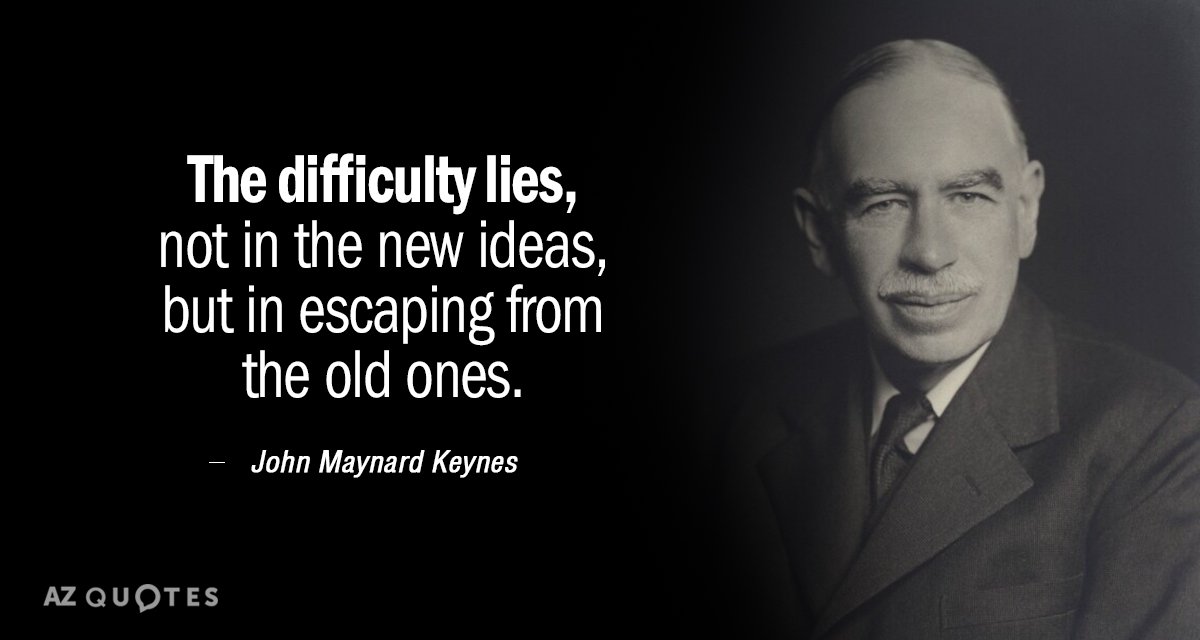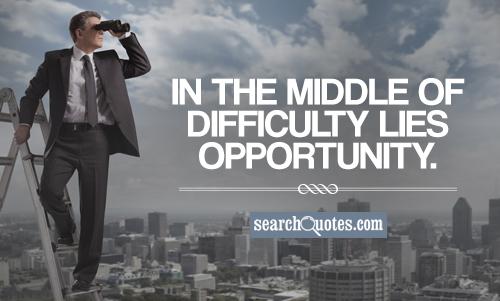

Wheeler: Yes, his work revolved around three rules which apply to all science, our problems, and times: (Website of North American AstroPhysical Observatory (NAAPO)) (Accessed at … Continue readingĬOSMIC SEARCH: Are there some tenets of his that stand out in your mind? Wheeler: From the Big Bang to the Big Crunch, Cosmic-Quest Inc. Gearhart during which the physicist discussed his experiences with Einstein: 1979 Fall, Cosmic Search, Volume 1, Number 4, FORUM: John A. In 1979 “Newsweek” published the piece by John Archibald Wheeler containing the quotation as shown previously.Īlso, in 1979 the periodical “Cosmic Search” published an interview with Wheeler conducted by Mirjana R. President Cowles assumed his new duties in a “new and difficult age for higher education, he and his regents, faculty and students must realize that in difficulty, lies opportunity.” Cowles As President, Quote, Column 1, Salt Lake City, Utah. In 1942 “The Salt Lake Tribune” of Utah printed a match using the three words “difficulty”, “lies”, and “opportunity”: 1942 April 27, The Salt Lake Tribune, U. in the spirit of the optimist to whom every difficulty is an opportunity, and not as the pessimist, to whom every opportunity presents some difficulty.Ī separate Quote Investigator article about the saying immediately above is available here. But Carr’s phrase was part of a more elaborate remark: 1919, The Fifty-First Annual Co-operative Congress, Held at the Market Hall, Carlisle, England, On 9th, 10th, and 11th June, 1919, The Congress Luncheon, Start, Quote, Published by … Continue reading

This phrase thematically matched the phrase used by Wheeler. In 1919 by Bertram Carr who was the Mayor of Carlisle, England employed the following phrase during a speech: “every difficulty is an opportunity”. Suggest to yourself an opportunity in every difficulty.
#Lies of p difficulty full
(HathiTrust Full View) linkĬease your suggestion of bad results. A thematic match occurred in the second sentence: 1903 April, Washington News Letter, Volume 8, Number 7, (Filler Item ascribed to A. Barton about maintaining a positive outlook. In 1903 a newsletter edited by an adherent of the Christian Science Church included a passage ascribed to A. Thus, this precise formulation may be attributed to Wheeler however, the idea being communicated by the quotation has a long history.īelow are additional selected citations in chronological order. Wheeler was describing his reaction to Einstein’s’ efforts and accomplishments. The quotation under examination appeared as the third rule above, but these rules were written by Wheeler and not by Einstein.

Third, in the middle of difficulty lies opportunity. There were three additional rules of Einstein’s work that stand out for use in our science, our problems, and our times. Boldface added to excerpts by QI: 1979 March 12, Newsweek, Volume 93, Issue 11, The Outsider by John Archibald Wheeler, Start, Quote, Column 1, Newsweek, New York. Wheeler published a piece about Einstein in “Newsweek” magazine in 1979. Wheeler stated that he discussed physics with Albert Einstein “from time to time over a span of 21 years”. theoretical physicist whose research included work on general relativity and quantum information. The phrase can be traced back to John Archibald Wheeler, a prominent U.S. 2010, The Ultimate Quotable Einstein, Edited by Alice Calaprice, Section: Misattributed to Einstein, Quote, Princeton University Press, Princeton, New Jersey. The saying appears in a section titled “Misattributed to Einstein” in “The Ultimate Quotable Einstein” from Princeton University Press. Quote Investigator: The attribution to Einstein is spurious. Would you please explore the provenance of this saying? This phrase has often been attributed to the famous scientist Albert Einstein. In the middle of difficulty lies opportunity. Happily, while surmounting these obstacles it is often possible to glimpse wonderful possibilities for the future. Jackson Brown Jr.? Apocryphal?ĭear Quote Investigator: Everyone experiences challenges and difficulties.

Albert Einstein? John Archibald Wheeler? A.


 0 kommentar(er)
0 kommentar(er)
